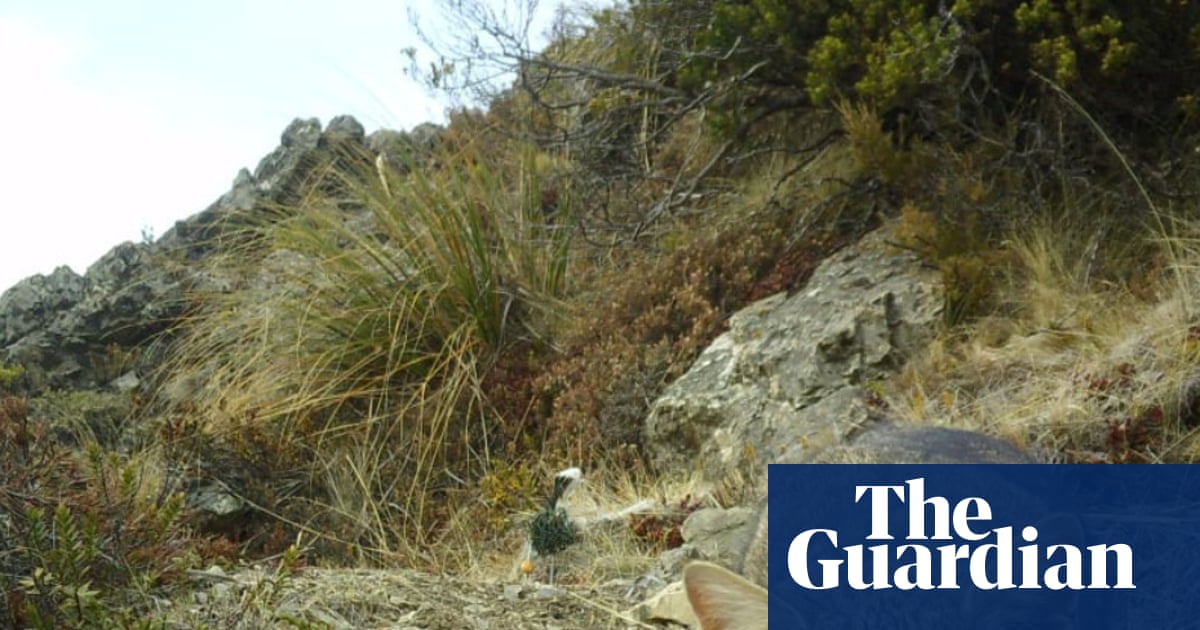
"New Zealand aims to eradicate feral cats by 2050, the country's conservation minister has announced, in plans that a decade ago generated a fierce backlash from environmentalists. The conservation minister, Tama Potaka, announced the addition of feral cats to the world-leading Predator-Free 2050 strategy on Friday, the first time a predator has been added to the list since its inception in 2016."
"More than 2.5 million feral cats roam in New Zealand's bush and on offshore islands, where they can grow up to a metre long, including their tail, and weigh up to 7kg. They have destroyed native wildlife, including by hunting the Pukunui, or Southern dotterel, on Rakiura Stewart Island to the brink of extinction, and killing bats near Mount Ruapehu. Potaka told Radio New Zealand the stone-cold killers would join mammals such as ferrets, stoats, weasels, rats and possums."
"In order to boost biodiversity, to boost heritage landscape and to boost the type of place we want to see, we've got to get rid of some of these killers. The inclusion of feral cats comes after years of campaigning, and has faced significant public opposition in the past. When environmentalist Gareth Morgan launched his Cats to Go campaign in 2013, it was met with horror. A competition encouraging children to shoot feral cats saw pushback from animal rights groups."
New Zealand will eradicate feral cats by 2050 by adding them to the Predator-Free 2050 strategy, the first predator added since 2016. Feral cats will face coordinated targeting, large-scale eradication programs and research, with detailed plans due in March 2026. More than 2.5 million feral cats roam forests and offshore islands; some reach a metre in length and 7kg. Feral cats have pushed species such as the Pukunui toward extinction and have killed bats near Mount Ruapehu. Draft feedback showed 90% support for including feral cats or better management; domestic cats remain excluded but are recognised as a threat.
Read at www.theguardian.com
Unable to calculate read time
Collection
[
|
...
]